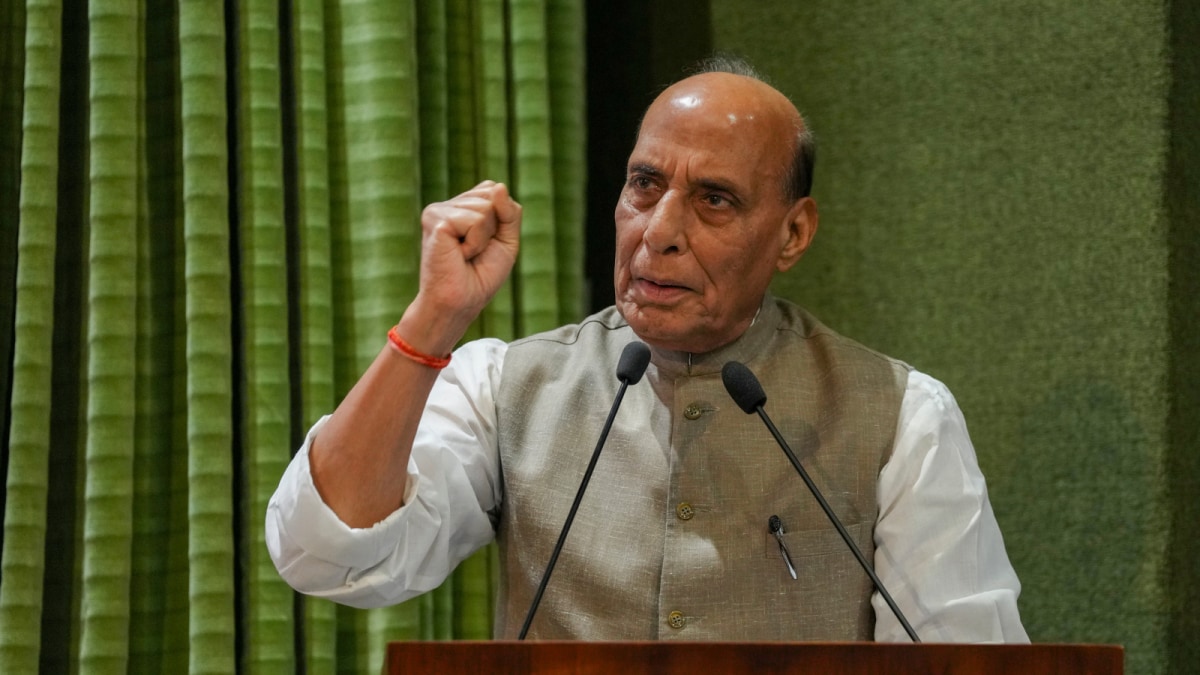ARTICLE AD BOX
Police training schools in Madhya Pradesh are adopting nearby villages, where recruits can practise community policing and mingle with residents.
Police training school officials said each PTS has adopted eight nearby villages. The objective is to help recruits understand the basic issues of rural life, connect with villagers, and empathise with their problems.
“When the British came here, their Home Minister, Robert Peel, created two models of policing — the unarmed civilian style and the Irish constabulary pattern for law-and-order situations. After Independence, we tried to Indianise the police and make it more humane. But even today, people fear the uniform when they see it,” ADG (Training) Raja Babu Singh told The Indian Express.
Singh said that earlier, under the old and outdated system, recruits would spend nine months of training within the confines of their PTS, away from any interaction with the general public. “They were moulded like heartless, fierce soldiers, conditioned into an ‘us-versus-them’ mindset. After training, they were launched into the wider world to dispense justice, wielding the lathi, often indifferent to the sensitivities and needs of ordinary people,” he said.
Singh explained the need for new recruits to undertake village visits. “A constable undergoes nine months of training where he is drilled, taught forensics, cyber skills, and moulded into a constable. But for what? His real job is to deal with the public, to patrol effectively, and to connect with people. How does he enter a village? How does he interact? That is often ignored. So, we decided to change this. Instead of only training them in classrooms and exercises, we are now sending trainees into villages,” ADG Singh said.
Police forces in India have attempted different methods of community outreach in the past, but many have failed to sustain momentum and gradually fizzled out due to a lack of institutional support, high workload, and the enduring perception of police as enforcers rather than partners. Senior officials pointed out that unless such initiatives are made a core part of training and daily policing, they often remain just symbolic exercises rather than leading to real change.
Checklist of tasks
As per the new policy, the recruits are tasked with visiting the adopted village once a week in a batch of eight with a checklist of tasks. These include making contact with the village sarpanch and other gram panchayat officials, and finding out about the main community that resides in the village, the main crops grown there, the drainage and water systems, all religious institutions, and the criminal record analysis of the last five years, officials said.
Story continues below this ad
“This initiative is like an ice-breaking exercise. Once a week, trainees will go into villages, while also covering 12 subjects during training, including cyber security, the new criminal laws, and tactics. They will also work on their checklist. During their formative years, constables were never sensitised in this way. Now, we are trying to change that,” said a senior police officer.



.png)
.png)
.png)
























 English (US) ·
English (US) ·